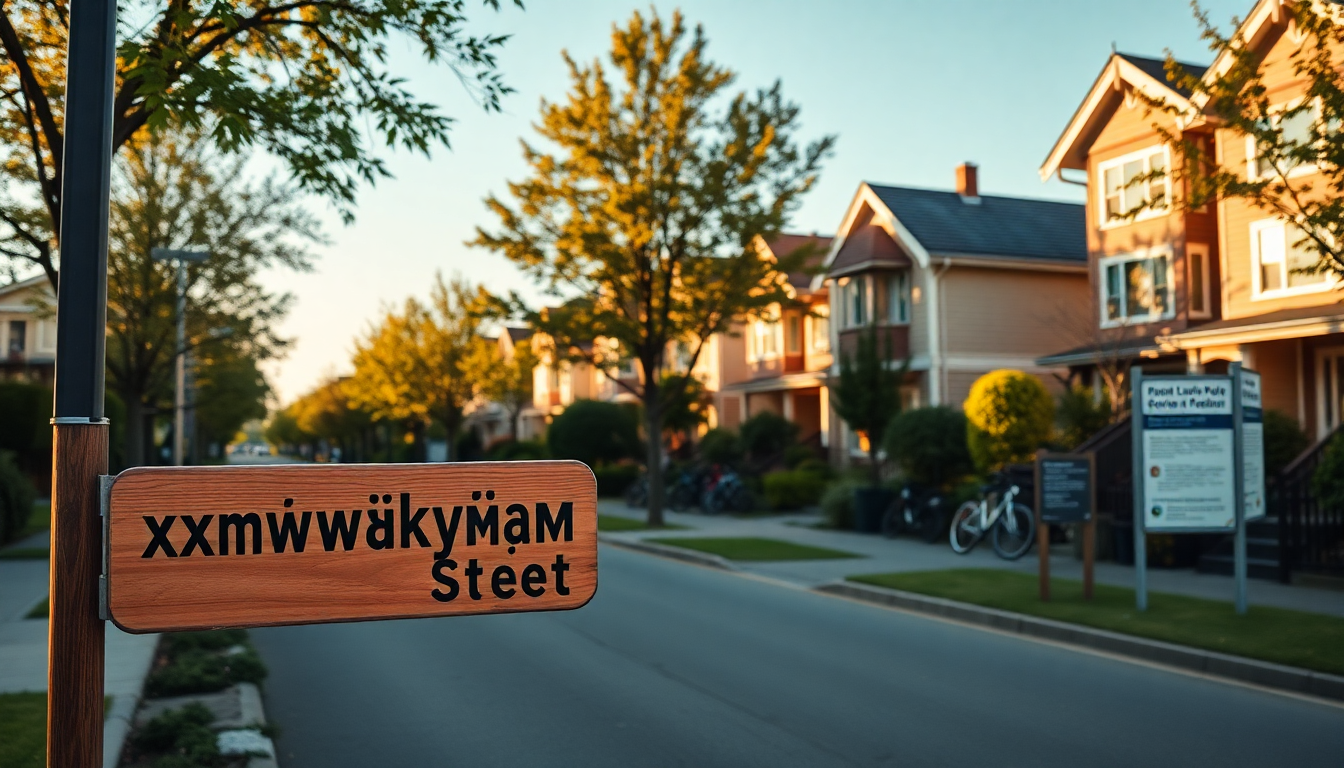Table of Contents
In a bold step to honor indigenous heritage, the City of Vancouver has made headlines by renaming Trutch Street to šxʷməθkʷəy̓əmasəm Street, which translates to Musqueamview in English. This announcement, made on June 6, has sparked conversations not only about cultural recognition but also practical concerns for long-term residents adjusting to this new name. David Gardiner, who has called this street home for four decades, shared his thoughts on this transition, shedding light on the challenges faced by the community.
Challenges in Address Adaptation
While Gardiner welcomed the name change, he quickly ran into some roadblocks when trying to update his address with his banks. Both institutions informed him that they weren’t quite ready to handle the new official spelling, which left him feeling frustrated and unsupported. Sound familiar? Many residents are echoing his concerns as they discover that major banks and services haven’t adequately prepared for such a shift, complicating everyday transactions and legal matters.
The impact of a street name change goes beyond just a new sign. Residents now face the daunting task of updating their addresses everywhere—from credit cards to health services. Gardiner’s experience highlights a crucial need for the city and service providers to step up and offer comprehensive support during this transition.
The Role of Communication and Stakeholder Engagement
Criticism has come from various quarters, including communications strategist Bill Tieleman, who pointed out the city’s failure to adequately inform residents about the upcoming changes. Despite having four years since the decision was made in 2021, the city didn’t prepare sufficiently, leaving residents to tackle the complexities on their own. How can a city expect its residents to adapt without proper communication?
As residents continue to navigate this transition, the city has pledged support for those seeking answers. Yet, the lack of data on public understanding of the North American Phonetic Alphabet reveals a gap in outreach and education. This disconnect underscores a broader communication issue, where residents may feel left out of processes that significantly impact their lives.
Looking Ahead: Community Impact and Future Changes
Vancouver’s Mayor, Ken Sim, acknowledged the challenges inherent in such transitions, emphasizing that while change can be tough, it often brings long-term benefits. Seeing alternative names on platforms like Google Maps might offer some comfort, but it doesn’t replace the need for a clear process for updating addresses.
The experiences of those living on the newly named street serve as a crucial reminder about the importance of thoughtful implementation and community engagement in urban planning. As Vancouver looks ahead to more changes, it’s vital for the city to listen to its residents and provide the necessary tools to help them adapt. This approach will not only create a stronger sense of community but also ensure that efforts towards cultural recognition are met with practical support. After all, isn’t community about working together to embrace change?


